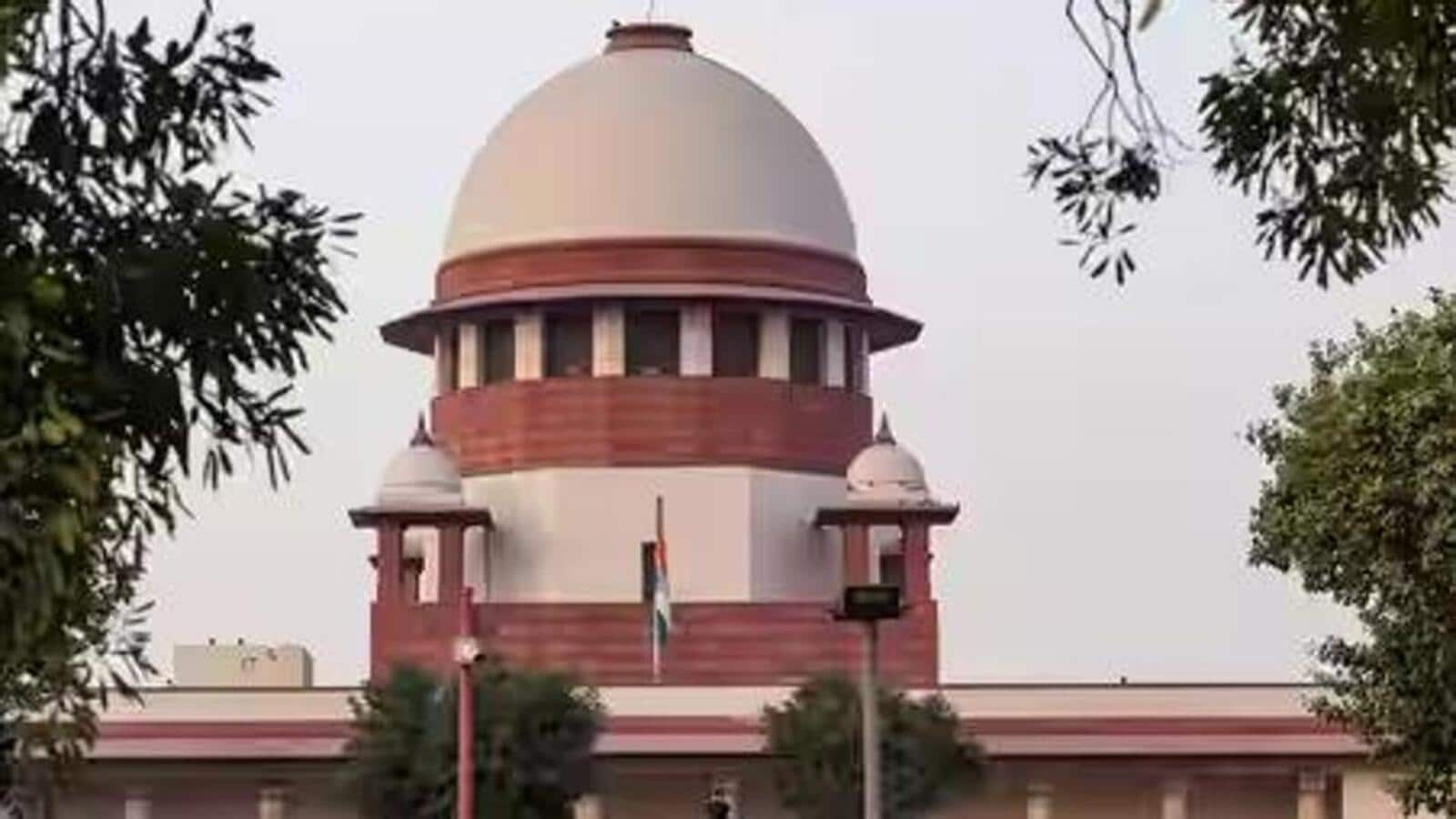


The Allahabad High Court today observed that the State has no power to create a board for school education only for a particular religion and the philosophy associated with it, as it violates the principle of secularism [Anshuman Singh Rathore v. Union Of India Thru. Secretary, Ministry Of Education and 3 Others]The Court made the observation in its judgment declaring the Uttar Pradesh Board of Madarsa Education Act, 2004 as unconstitutional.A Bench of Justice Vivek Chaudhary and Justice Subhash Vidyarthi observed,"The State has no power to create a Board for religious education or to establish Board for school education only for a particular religion and philosophy associated with it. Any such action on part of State violates the principles of secularism, which is in the letter and spirit of the Constitution of India. The same also violates Article 14 of the Constitution of India, which provides for equal treatment to every person by the State."The Court further stated that education being offered under the Madarsa Act violates Articles 21 and 21A of the Constitution of India."It is the citizens of this country who have right to profess and propagate their religion and its values. It is not mandatory for a citizen of this country to be secular by nature. He can have faith in his own religion or in some/every religion or may not have faith in any religion. But, the State cannot do so. The State has to remain secular. It must respect and treat all religions equally," the judgment stated.The State cannot, in any manner whatsoever, discriminate between religions while performing its duties, it added.The Court was dealing with a plea filed by one Anshuman Singh Rathore who challenged the legality of the 2004 Act and certain provisions of the Right of Children to Free and Compulsory Education (Amendment) Act, 2012.During previous hearings, the High Court had raised inquiries directed at both the Union of India and the State government regarding the rationale behind operating the Madarsa Board under the purview of the Minority Department instead of the Education Department of the State.The Court noted that it repeatedly asked the respondents to identify provisions that could be separated to save the Madarsa Act, but nothing was produced before it."We also find that since the very purpose of the Madarsa Act is found to be violative of Secularism; it is not possible to segregate and save any portion of the Act which would be of any relevance," the Court noted.It went on to say that the Madarsa Act lacked clarity on why a separate education board for a specific religion was necessary, especially when Uttar Pradesh already had secular primary education boards and boards for high school and intermediate education that provided education without religious discrimination.“While the students of all other religions are getting educated in all modern subject denial of the same quality by the Madarsa Board amounts to violation of both Article 21-A as well as Article 21 of the Constitution of India,” the judgment stated.Moreover, it noted that the 2004 Act grants powers to the Madarsa Board that are equivalent to those vested in the University Grants Commission (UGC) under the UGC Act. These powers fall under the domain of Entry 66 of List I of the Seventh Schedule to the Constitution of India, it added.Advocates Aditya Kumar Tiwari and Ghulam Mohammad Kami appeared for the petitioner.Advocates Afzal Ahmad Siddiqui, Amrendra Nath Tripathi, Anand Dwivedi, Iqbal Ahmad, Mahendra Bahadur Singh, Mohd. Kumail Haider, Sanjeev Singh, Shailendra Singh Rajawat, Sudhanshu Chauhan, Syed Husain and Vikas Singh appeared for respondents.
TAGS: Uttar Pradesh Board of Madarsa Education Act Secularism Constitutional principles Anshuman Singh Rathore